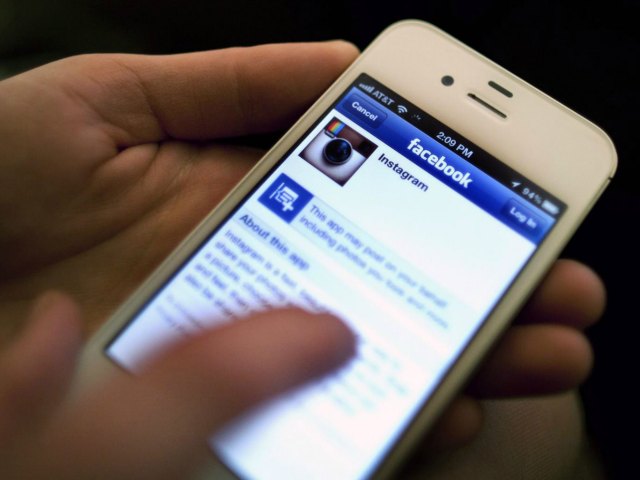
Most Americans expect Democrats to dominate the political use of social media and the Internet in the 2014 and 2016 national elections, but the Gallup polling organization just published a report titled “Mobile Technology in Politics More Potential than Reality” that indicates Republicans will not be at much if any disadvantage.
Although 70% of American voters own mobile devices and 83% have access to the Internet, Gallup found that only 23% have used devices for political interaction and that there is little “substantive difference” in political contact between the two major parties in America. Gallup adds “no more than 23% have used [mobile devices] for a variety of political interactions.”
Gallup in its national poll of voters found:
- 23% received had an electronic communication from a political interest group;
- 23% had forwarded or shared a link that expressed political opinions;
- 22% received an electronic request to contact an elected person;
- 16% posted their opinions on a website, Facebook, or other service;
- 9% received an electronic notification of a rally or protest; and
- 4% made a contribution online.
The Gallup poll found that “seven in 10 Americans use either a smartphone or a tablet and that overall 83% are connected to the Internet through a phone, tablet, or personal computer.” Since mobile communication devices and the use of the Internet have dramatically affected most aspects of Americans’ lives, politics was expected have been part of that change. Yet despite the buzz regarding “friending” politicians and community organizing for political change:
Between 20% and 23% of those interviewed report receiving electronic communication from political interest groups, using social media to share political opinions posted by someone else, receiving electronic requests to contact elected representatives on behalf of a cause, or receiving direct electronic communications from elected officials or from political parties.
President Barack Obama was widely reported to have successfully taken advantage of social media in 2008. Likewise, “big data” collection of voter information and concentration on Democrat-leaning voters in 2012 was thought to be key to Democrats’ success. Yet two years later, Democrats nationwide are only modestly more likely than Republicans to report receiving political messages from either political parties or political advocacy groups in Gallup’s 30-day polling period.
According to Gallup, “Democrats are four times as likely as Republicans to say they have donated to a campaign using a smartphone or tablet – although at 8% and 2%, respectively, these rates are still quite small.” Some of this advantage is offset by Republicans who are “slightly more likely to share or [like] posts or links that represent their opinions.” Independents are less likely than either partisan group to report receiving political communication through their electronic devices.
With young Americans only slightly more heavily engaged in political activities involving social media – sharing or retweeting posts or links and posting opinions on social media and other Internet sites – there is little difference by age in participation in political activities.
Republicans are slightly more likely than Democrats to report using a smartphone or tablet on a daily basis. Young people who tend to lean Democrat have the propensity to be the heaviest mobile users (4+ hours per day), but this is offset by the greater use among those with higher incomes who tend to lean Republican.
With less than two months to most primaries and less than six months to the 2014 mid-term elections, Gallup found that mobile devices seem to have not had much impact so far on this year’s elections.
It is assumed by most Americans that Democrats are substantially more digital-friendly and should have a huge political advantage with the new technology. Yet according to Gallup, “Democrats have a slight advantage in terms of ongoing contact with potential voters at this point, but both parties will no doubt be actively working to increase their advantage in the months and years ahead.”
The author welcomes feedback and will respond to comments by readers.

COMMENTS
Please let us know if you're having issues with commenting.